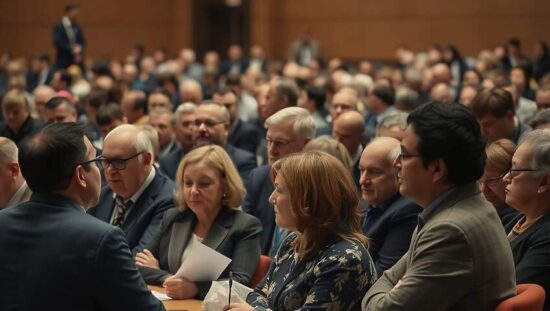Germany has emerged as a potential host for a high-stakes summit involving Ukraine, Russia and the United States, according to comments from several German political figures. Ralf Stegner, a foreign policy spokesperson for the Social Democratic Party (SPD), indicated that Germany should be open to facilitating such a meeting if requested by the involved parties and if it could contribute to a resolution. He emphasized Germany’s role as the largest nation within the European Union to lead diplomatic efforts towards de-escalation, a ceasefire and security assurances. However, Stegner cautioned against publicly pushing the idea, citing the need for discretion following recent diplomatic exchanges.
The possibility of a summit gained traction following indications from the United States that President Trump is seeking a meeting between Ukrainian President Volodymyr Zelenskyy and Russian President Vladimir Putin. A neutral venue would likely be required for such a meeting. While Germany firmly stands with Ukraine, it also faces the legal complication of an international arrest warrant issued for Putin by the International Criminal Court, which would need to be executed should he travel to German soil.
Sahra Wagenknecht, leader of the BSW party, proposed Brazil as an alternative location, suggesting Germany’s current political stance compromises its ability to act as an impartial mediator. She criticized the perceived one-sided support for Ukraine and the strong anti-Russian rhetoric from some German leaders. Wagenknecht also voiced opposition to Germany providing security guarantees to Ukraine, citing historical considerations and warning against the deployment of German troops which would immediately make the country a party to the conflict.
Hubertus Heil, another SPD politician, praised the current Chancellor’s approach to diplomacy and advocated for European-led security guarantees for Ukraine. He affirmed the need for a delicate balancing act in conversations with the United States, representing European values while simultaneously securing effective security commitments. Heil underscored the significant challenges that remain in achieving lasting peace and security for Europe, reiterating that a credible and sustainable peace requires reliable security guarantees that respect Ukraine’s sovereignty and clearly limit Russian expansionism.





